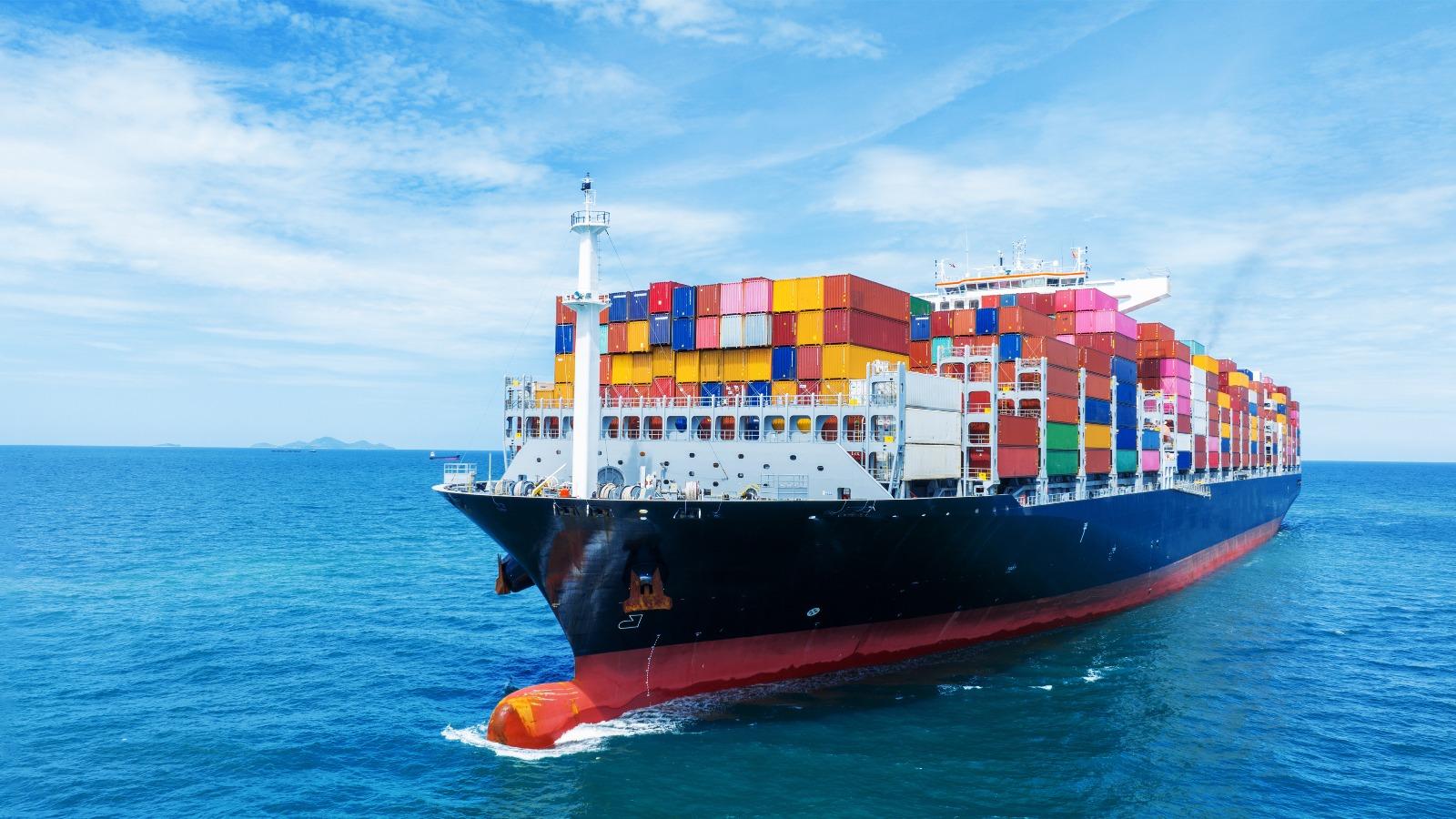We have visualised the developments in the supply chains in our supply chain heatmap. The heatmap shows, based on various indicators (such as freight, production, prices, and uncertainty), where the pressure on the supply chains has increased or decreased in recent months. The increased pressure is particularly reflected in the costs of container transport.
Pressure on supply chains much lower than during Covid-19
The pressure on supply chains is still much lower than during COVID-19. At that time, the economy reached a boiling point; the demand for goods was so high that all logistics networks came under pressure. That is not the case now. The demand is actually low, which is partly due to low consumer confidence.
The crises in the Red Sea and the low water level in the Panama Canal are causing disruptions on the supply side and particularly affecting shipping. The low water levels in the canal are expected to occur more frequently in the coming years due to climate change and reduced rainfall.
Companies better prepared for new disruptions
Supply chain specialist Rolf Bos from PwC believes that companies are now better prepared for shocks in their supply chains. ‘In the first three quarters of 2023, the pressure on supply chains was low compared to the previous two years. This has given companies breathing room to take measures to make their supply chains more resilient against future shocks.’
Bos sees this reflected in the results of PwC's CEO Survey published in January. ‘CEOs indicate that the instability of supply chains has forced many changes in their companies in recent years. They expect the pressure on this “'driver for change” to decrease in the coming years. I don't think this means they consider supply chains less important, but rather that supply chain management has significantly improved.’
PwC’s fourth ‘Supply Chain Monitor’

















